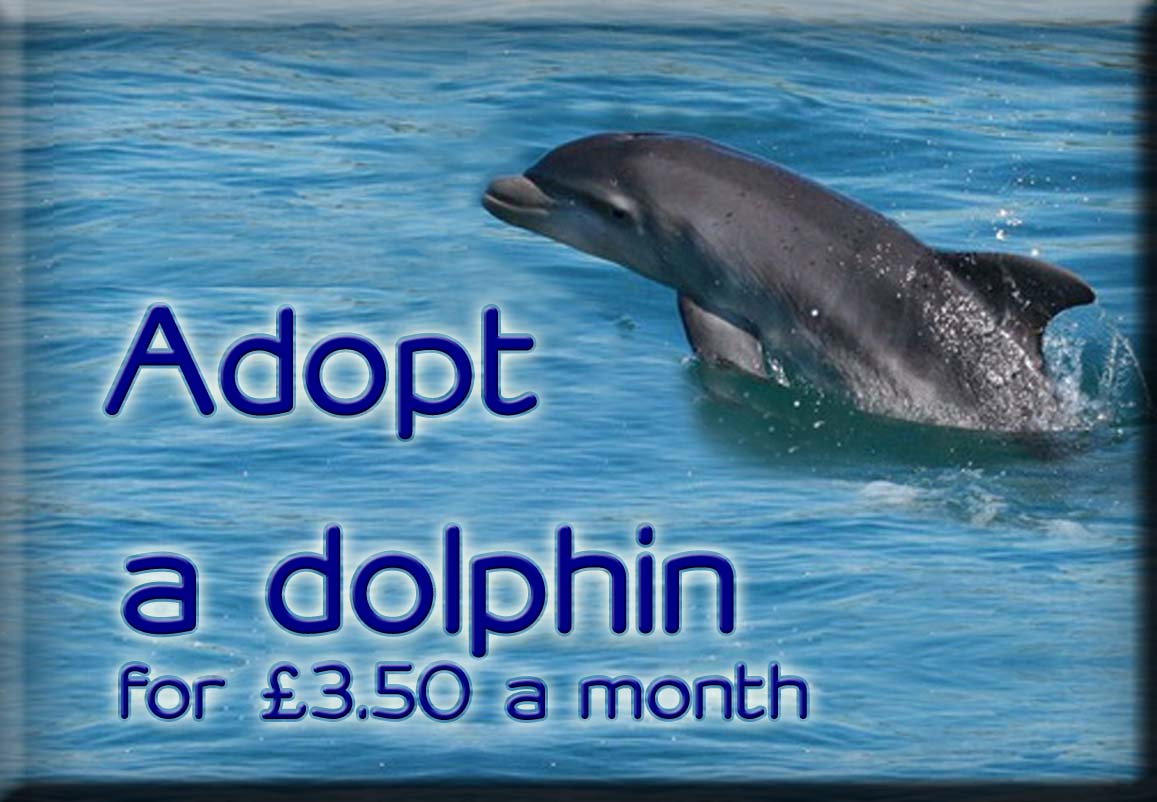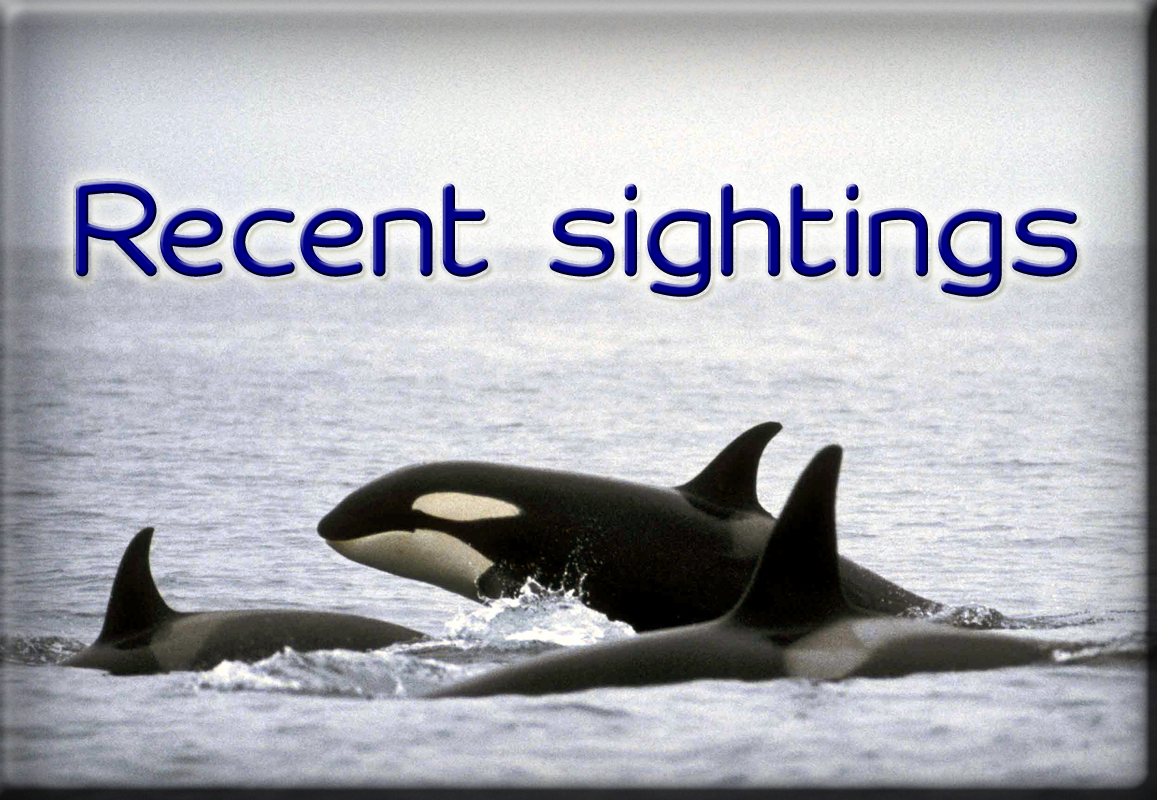On the 8th of September, the Sea Watch interns were lucky enough to attend a talk given by Rod Penrose, the stranding officer for the whole of Wales. It was a very interesting afternoon, and I thought I’d pass on what we learned.
The UK Cetacean Strandings Investigation Program (CSIP) was set up in 1990 after a mass die off of Common Seals (Phoca vitulina) in order to monitor the causes of mortality for marine mammals. This is important in their conservation, as we need to know if human impacts are causing marine mammals to die. For instance, polychlorinated biphenyls (PCBs) are still having an impact on marine mammals. PCBs were used as coolants and in products such as paints and surface coatings, but were banned in the 1970s due to health and environmental impacts. Studies on cetacean blubber collected from stranded animals are essential for understanding the continuing impact of PCBs.
 Image credits: Katrin Lohrengel, Cardigan Bay Monitoring Officer
Image credits: Katrin Lohrengel, Cardigan Bay Monitoring Officer
We always encourage the public to report any strandings, so scientists can continue to help monitor the risks to marine animals. The other week, Sea Watch interns came across a deceased Common Dolphin (Delphinus delphis) while on a tourist boat. As we were unable to bring it onboard, we tagged it to see where it would wash up, and took photos to add to strandings records. If you find a deceased marine animal, you can report it to CSIP by calling 0800 652 0333.
Recently, CSIP have begun monitoring in sea turtles and basking sharks, so you can report those too. Stranded animals which are still alive can sometimes be rescued and refloated. If you find a live stranded animal, you should call the British Divers Marine Life Rescue (BDMLR) on 01825 765546 (office hours) or 07787 433412 (out of hours).
There’s so much we can learn from stranded animals, and it’s great to have a program turning a negative event into positive outcomes.
Written by: Sarah Alewijnse, Sea Watch Foundation Intern 2016
























